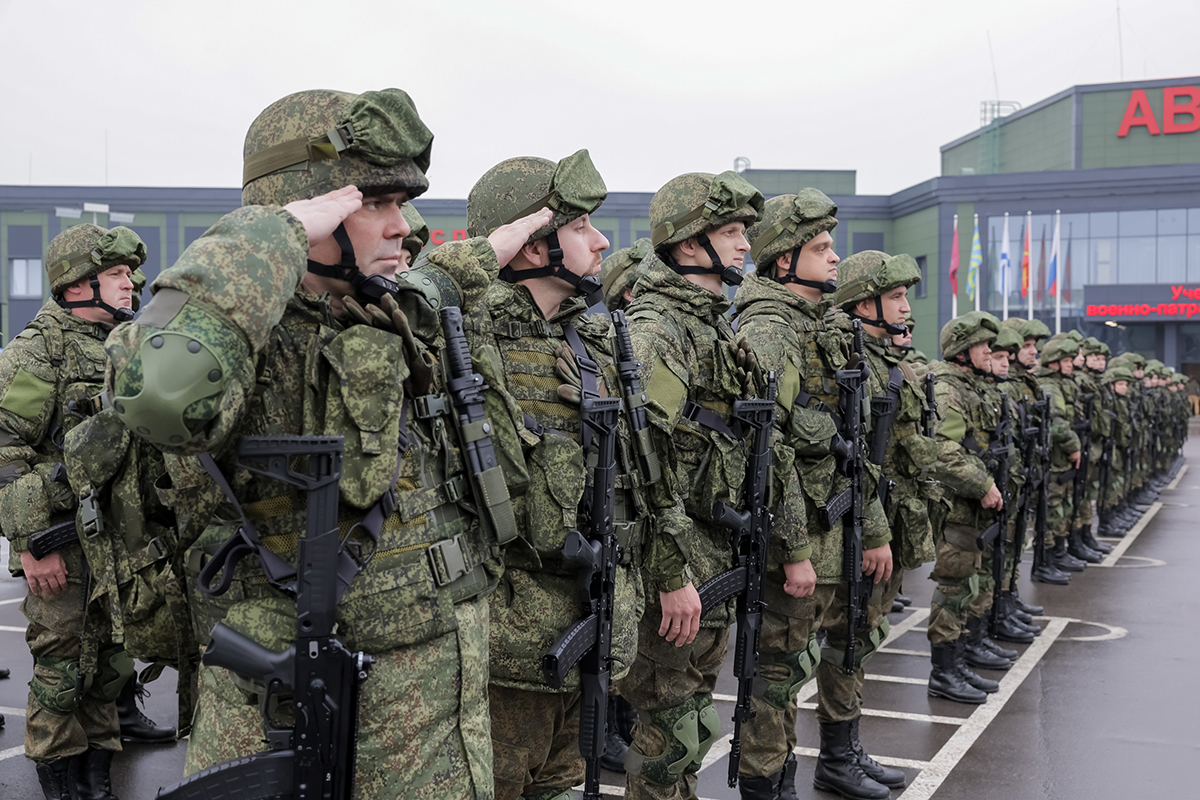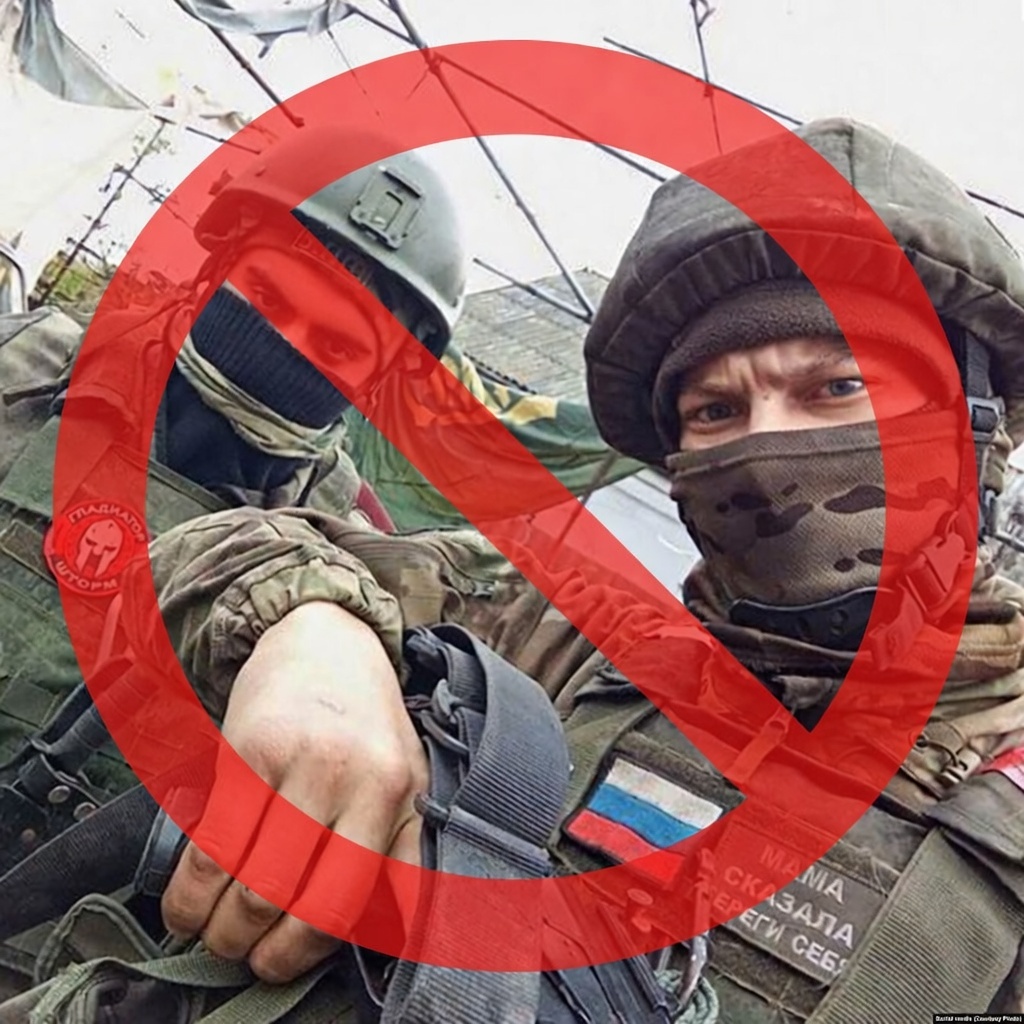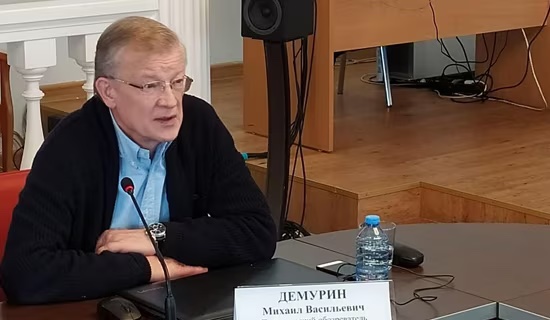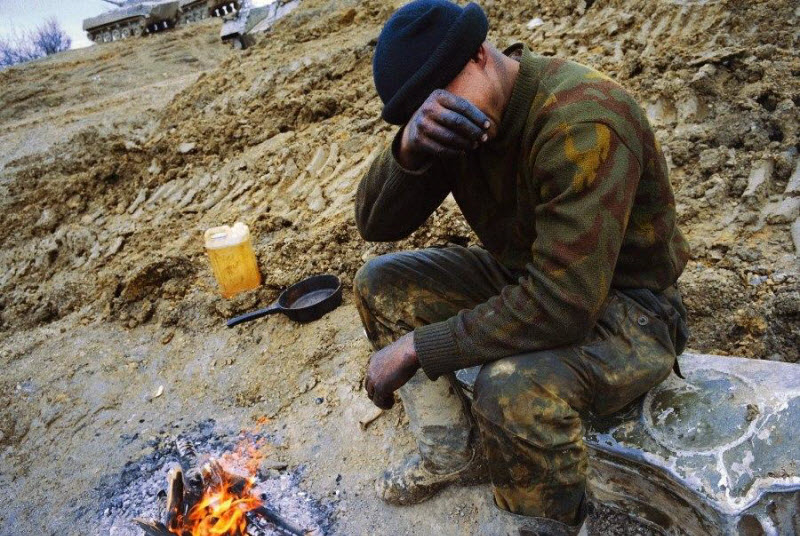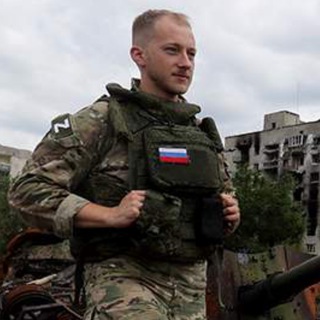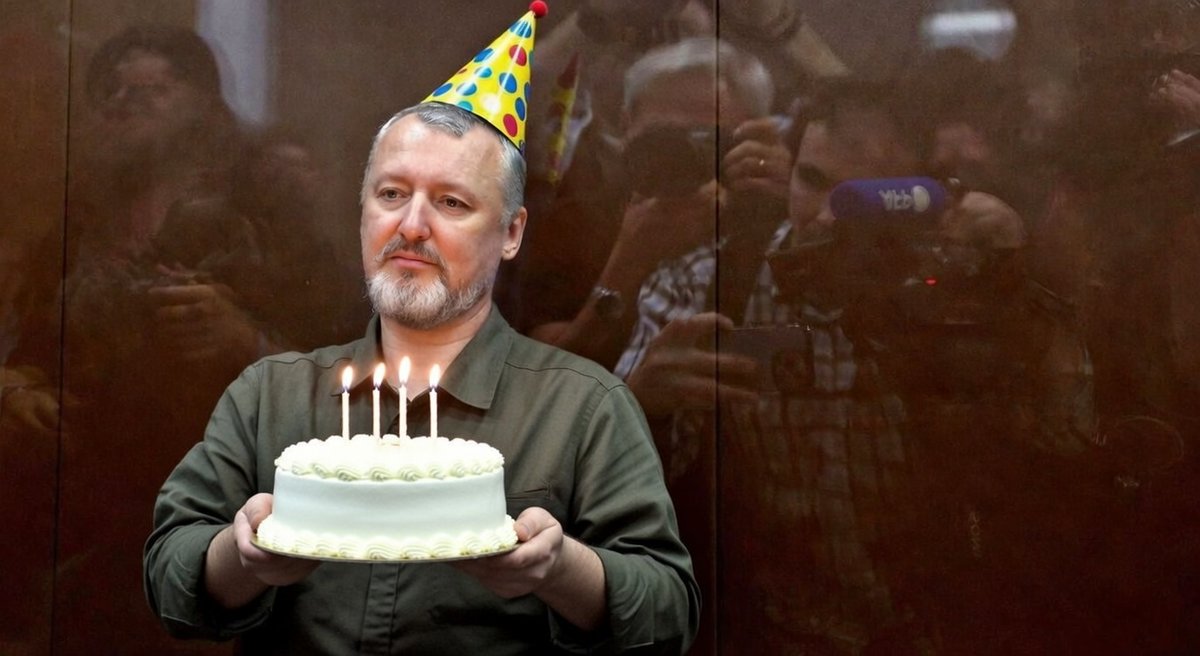1/ At least 2,500 scientists are reported to have left Russia since the start of the war in Ukraine in February 2022 and the number of published scientific papers has collapsed. This comes as the result of isolation due to sanctions, visa restrictions and state paranoia. ⬇️ 

2/ Novaya Gazeta Europe (NGE) reports on the outcome of a survey of the international ORCID database, which lists more than 20 million scientists globally. Registration in ORCID is mandatory for publishing employees of large Russian universities.
3/ The data indicates more than 130,000 scientists resident in Russia in October 2023. The share of these changing their residence from Russia to a foreign country was practically unchanged from 2012 to 2021, but jumped to 30% in 2022.
4/ NGE estimates that, based on the trendlines, around 2,500 scientists have emigrated since 2022. The number of foreign scientists choosing to come to Russia has also dropped by over two-thirds.
5/ Many of the emigrants are likely to be younger people, as older, more established scientists face more professional and personal difficulties from emigration. Younger men are also more likely to be subjected to mobilisation and have a bigger incentive to leave Russia.
6/ According to one university professional interviewed by NGE, "the best are trying to leave immediately after completing their bachelor’s, master’s and postgraduate studies." Unlike IT workers, scientists are not exempted from being mobilised to fight in Ukraine.
7/ While most emigrating Russian scientists left for the US, Germany and the UK before the war, since February 2023 other destinations have been prefered, in particular Uzbekistan, Armenia, Kyrgyzstan and the UAE with a 300% growth in Russian scientific immigration.
8/ The top three destinations are now Germany, the US and Israel – which has had a 175% increase. However, Russian scientific immigration to the UK, France and the US has fallen by more than 20%.
9/ The impact on Russian science is already visible, with a sharp fall in the number and quality of published papers. The share of global science attributed to Russia has fallen from 2-3% to only 1-2%. Russian participation in international scientific conferences has shrunk.
10/ The collapse has been particularly noticeable in the proportion of academic conference papers with a Russia-affiliated author. Around 35,000 had at least one Russia-based author in 2021 but this dropped to about 20,000 in 2022 and only about 11,000 in 2023.
11/ One publication, the UK-based Journal of Physics: Conference Series, illustrates this trend starkly: papers by Russian authors presented in the series fell from nearly 6,000 in 2021 to only 106 by November 2023, despite Russia traditionally being a leader in physics research.
12/ The reasons for this are not hard to find. Scientists are often physically unable to attend conferences due to visa restrictions and bans on direct flights between Russia and the West. Russian scientists were also removed from international collaborative programmes.
13/ Russian scientists report an growing atmosphere of fear and paranoia at home, as well as a shortage of equipment and scientific supplies due to sanctions. Contact and collaboration with foreigners is regarded with increasing suspicion by the authorities.
14/ In some instances, distinguished scientists working on hypersonics and quantum technology have been charged with treason and illegally sharing information in a number of high-profile cases, even though they are said to have had official permission to collaborate.
15/ The impact on Russian science is likely to last for decades. The losses are not all one way, however, as Russia's withdrawal from the global scientific community is likely to hinder collective efforts on issues such as climate change. /end
• • •
Missing some Tweet in this thread? You can try to
force a refresh


